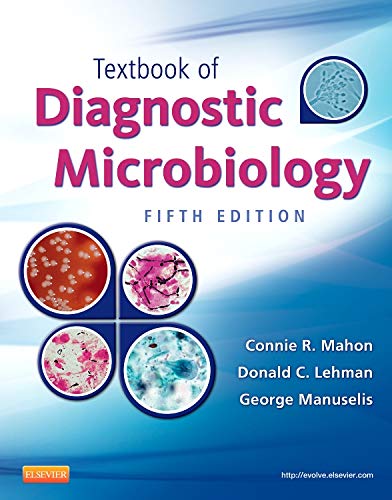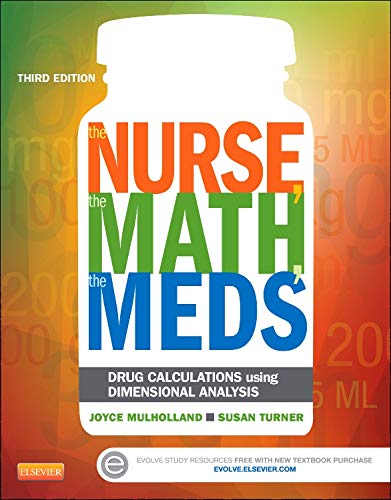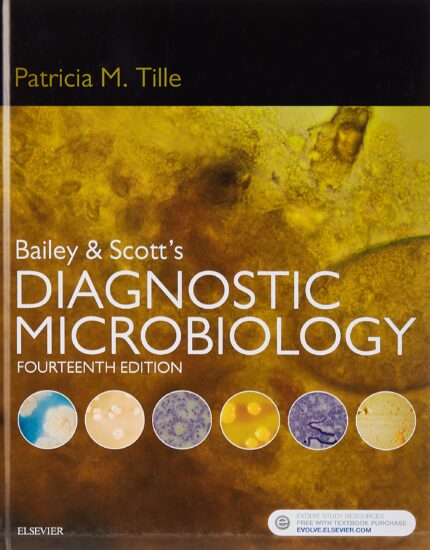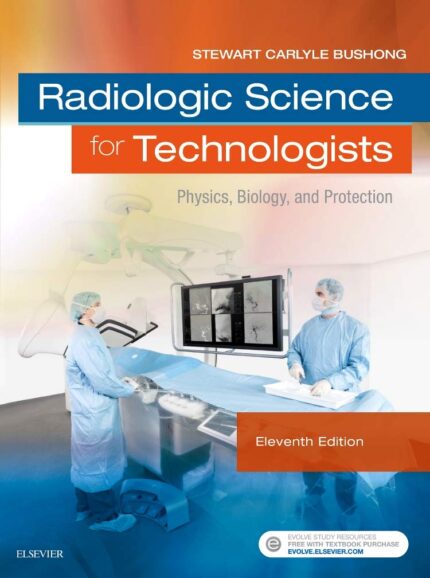Test Bank for Textbook of Diagnostic Microbiology 5th Edition by Mahon
Table of Contents
PART I: INTRODUCTION TO CLINICAL MICROBIOLOGY
1. Bacterial Cell Structure, Physiology, Metabolism, and Genetics
2. Host-Parasite Interaction
3. The Laboratory Role in Infection Control
4. Control of Microorganisms
5. Performance Improvement in the Microbiology Laboratory
6. Specimen Collection and Processing
7. Microscopic Examination of Materials from Infected Sites
8. Use of Colony Morphology for the Presumptive Identification of Microorganisms
9. Biochemical Identification of Gram-Negative Bacteria
10. Immunodiagnosis of Infectious Diseases
11. Applications of Molecular Diagnostics
12. Antimicrobial Agent Mechanisms of Action and Resistance
13. Antimicrobial Susceptibility Testing
PART II: LABORATORY IDENTIFICATION OF SIGNIFICANT ISOLATES
14. Staphylococci
15. Streptococcus, Enterococcus, and Other Catalase-Negative Gram-Positive Cocci
16. Aerobic Gram-Positive Bacilli
17. Neisseria Species and Moraxella catarrhalis
18. Haemophilus and Other Fastidious Gram-Negative Bacilli
19. Enterobacteriaceae
20. Vibrio, Aeromonas, Plesiomonas, and Campylobacter Species
21. Nonfermenting and Miscellaneous Gram-Negative Bacilli
22. Anaerobes of Clinical Importance
23. The Spirochetes
24. Chlamydia and Rickettsia
25. Mycoplasma and Ureaplasma
26. Mycobacterium Tuberculosis and Other Nontuberculosis Mycobacteria
27. Medically Significant Fungi
28. Diagnostic Parasitology
29. Clinical Virology
30. Agents of Bioterror
31. Biofilms: Architects of Disease
PART III: LABORATORY DIAGNOSIS OF INFECTIOUS DISEASES: AN ORGAN SYSTEM APPROACH TO DIAGNOSTIC MICROBIOLOGY
32. Upper and Lower Respiratory Tract Infections
33. Skin and Soft Tissue Infections
34. Gastrointestinal Infections and Food Poisoning
35. Infections of the Central Nervous System
36. Bacteremia and Sepsis
37. Urinary Tract Infections
38. Genital Infections and Sexually Transmitted Diseases
39. Infections in Special Populations
40. Zoonotic Diseases
41. Ocular Infections










